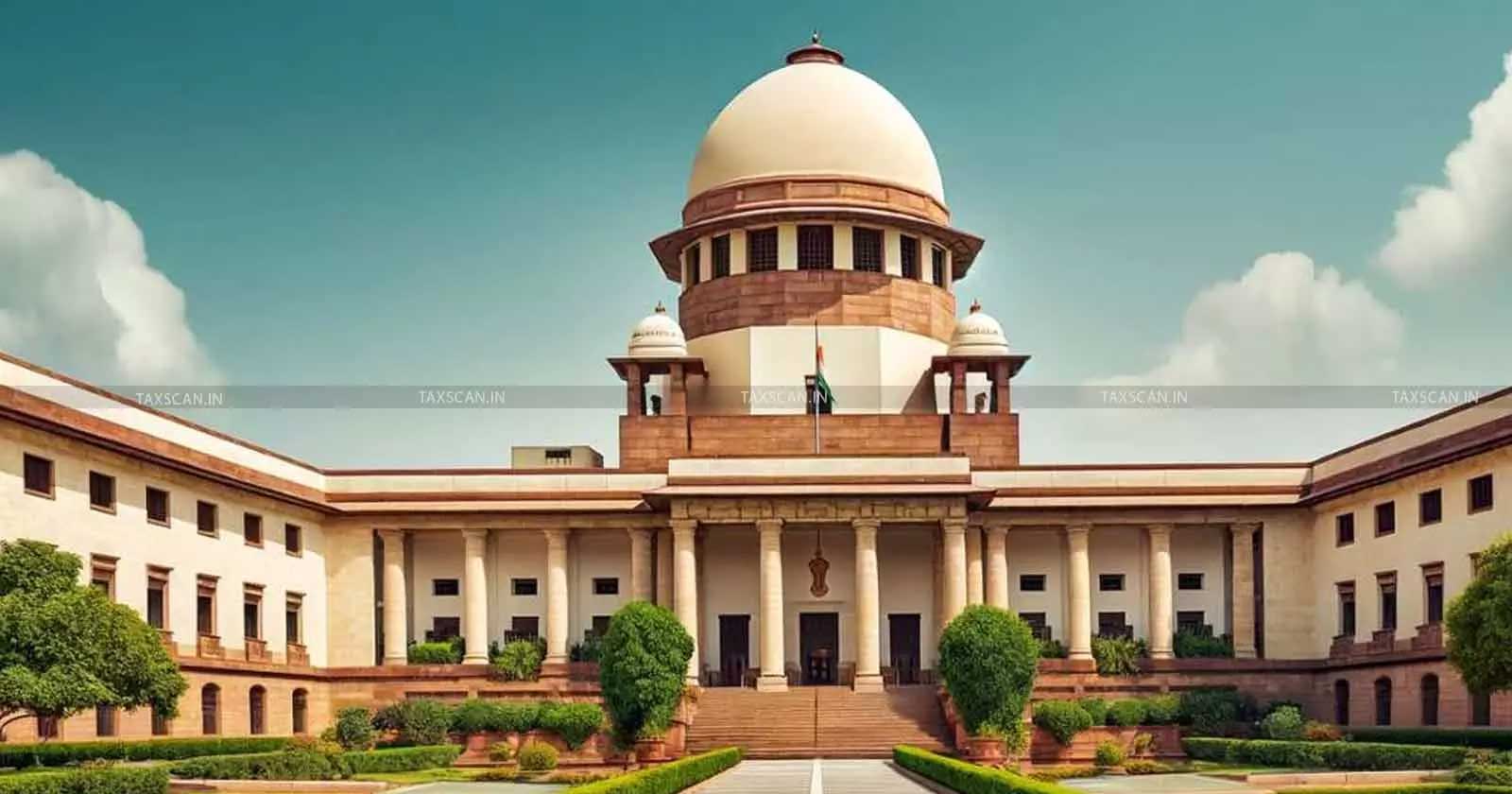Assessment of PF Dues During Moratorium Violates Statutory Freeze: NCLAT Sets Aside EPFO’s Post‑Moratorium Claims [Read Order]
NCLAT upheld the NCLT Indore Bench’s directions requiring EPFO to furnish employee‑wise details for proper computation of dues. The ruling reinforces the statutory freeze imposed by moratorium and clarifies the treatment of provident fund liabilities in insolvency proceedings.
![Assessment of PF Dues During Moratorium Violates Statutory Freeze: NCLAT Sets Aside EPFO’s Post‑Moratorium Claims [Read Order] Assessment of PF Dues During Moratorium Violates Statutory Freeze: NCLAT Sets Aside EPFO’s Post‑Moratorium Claims [Read Order]](https://images.taxscan.in/h-upload/2025/11/18/2106173-nclat-epfos-postmoratorium-claims-insolvency-moratorium-statutory-freeze-taxscan.webp)
The National Company Law Appellate Tribunal (NCLAT), Principal Bench, New Delhi, has held that assessment of provident fund dues during moratorium under Section 14 of the Insolvency and Bankruptcy Code (IBC) is impermissible.
Dismissing appeals filed by both the Resolution Professional (RP) and the Employees’ Provident Fund Organisation (EPFO), the Tribunal ruled that post‑moratorium claims based on fresh assessment orders cannot be admitted in CIRP.
The dispute arose in the corporate insolvency resolution process (CIRP) of Premshree Prime Properties Pvt. Ltd., admitted on 17 February 2023. CA Pankaj Shah was appointed as Interim Resolution Professional and later confirmed as Resolution Professional.
During CIRP, the Employees’ Provident Fund Organisation (EPFO) initiated proceedings under Section 7A of the Employees’ Provident Fund and Miscellaneous Provisions Act, 1952, based on an inspection report dated 10 May 2023.
EPFO initially claimed ₹33.99 lakh for the period April 2015 to March 2021, later revising its claim to ₹1.37 crore after passing fresh orders on 25 September 2023 under Sections 7A, 14B, and 7Q.
The Resolution Professional challenged these demands, arguing that EPFO’s assessment orders were passed during the moratorium and hence void. He sought declarations that the demands under Sections 7A, 14B, and 7Q were unenforceable against the corporate debtor.
EPFO, on the other hand, filed its own application seeking recognition of its revised claim as a first charge over other creditors and inclusion in the resolution plan. The NCLT Indore Bench disposed of both applications by order dated 13 November 2024. It held that while assessment of dues could be carried out even during moratorium, EPFO must provide employee‑wise details and year‑wise computations to the RP, who could raise objections.
EPFO was directed to furnish such details within one month, and the successful resolution applicant (SRA) was permitted to amend the resolution plan accordingly.
 Also Read:Supreme Court agrees to Examine Plea Seeking Probe Into NCLAT Member's Disclosure of Higher Judge Trying to Influence Decision [Read Judgement]
Also Read:Supreme Court agrees to Examine Plea Seeking Probe Into NCLAT Member's Disclosure of Higher Judge Trying to Influence Decision [Read Judgement]
Aggrieved, both parties appealed to NCLAT. The RP contended that EPFO had no jurisdiction to pass assessment orders during the moratorium, as Section 14 of the IBC imposes a statutory freeze. He relied on NCLAT’s earlier decision in EPFO v. Jaykumar Persumal Arlani, RP of Decent Laminates Pvt. Ltd. (2024), which held that assessment proceedings cannot continue after CIRP commences.
EPFO argued that assessment is distinct from recovery and therefore permissible, and challenged NCLT’s directions requiring employee‑wise details, claiming such directions intruded into statutory powers under the EPF Act.
NCLAT examined the issue in light of Supreme Court precedents. In Rajendra K. Bhutta v. MHADA (2020), the Court held that a moratorium creates a statutory status quo, overriding other laws under Section 238 of IBC. In P. Mohanraj v. Shah Brothers Ispat (2021), the Court clarified that “proceedings” under Section 14 include all actions affecting the debtor’s assets, not just recovery suits.
 Also Read:NCLT Erred in Ignoring Family Settlement Agreement, Wrongly Relegated Parties to Civil Court Despite Bar u/s 430 of Companies Act: NCLAT [Read Order]
Also Read:NCLT Erred in Ignoring Family Settlement Agreement, Wrongly Relegated Parties to Civil Court Despite Bar u/s 430 of Companies Act: NCLAT [Read Order]
Applying these principles, the two-member bench comprising Ashok Bhushan (Judicial Member) and Barun Mitra (Technical Member) held that EPFO’s assessment orders dated 25 September 2023 were passed after the moratorium commenced and therefore impermissible. Any claims based on such post‑moratorium assessments could not be admitted in CIRP.
Section 14 of the IBC provides for a moratorium once the corporate insolvency resolution process (CIRP) is admitted. The moratorium imposes a statutory freeze on all suits, proceedings, and recovery actions against the corporate debtor, including enforcement of security interests and transfer of assets. Its purpose is to preserve the debtor’s estate, maintain the status quo, and ensure the resolution process proceeds unhindered, keeping the company as a going concern.
The Tribunal further upheld NCLT’s directions requiring EPFO to furnish employee‑wise details and computations, noting that claims based on notional figures cannot be accepted.
It said that provident fund dues, though excluded from liquidation estate under Section 36(4) of IBC, must be properly substantiated and integrated into resolution plans with clarity. EPFO was directed to provide detailed computations, and the RP/SRA was given liberty to raise objections and amend the resolution plan accordingly.
Concluding, the Tribunal dismissed all three appeals.
Support our journalism by subscribing to Taxscan premium. Follow us on Telegram for quick updates


